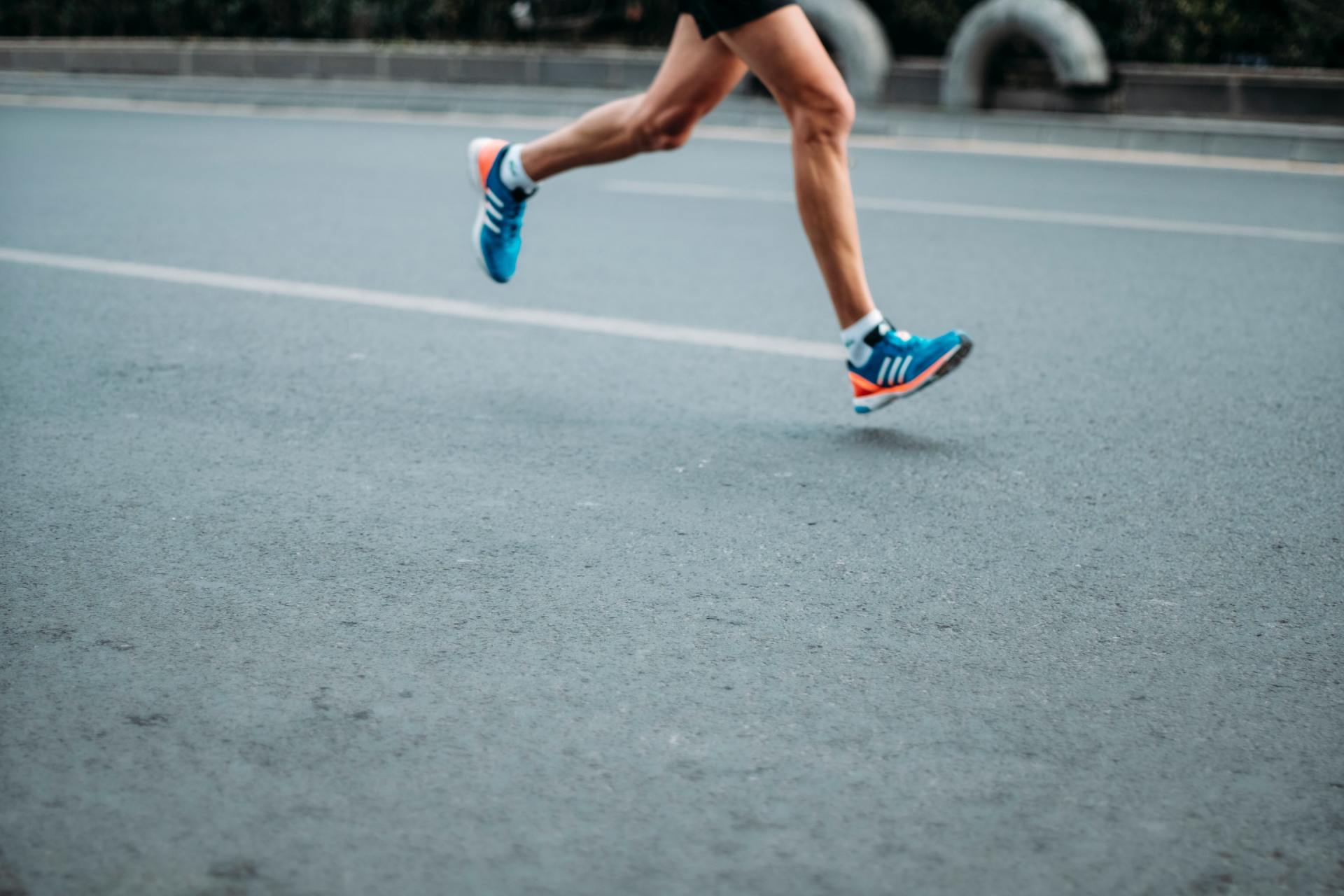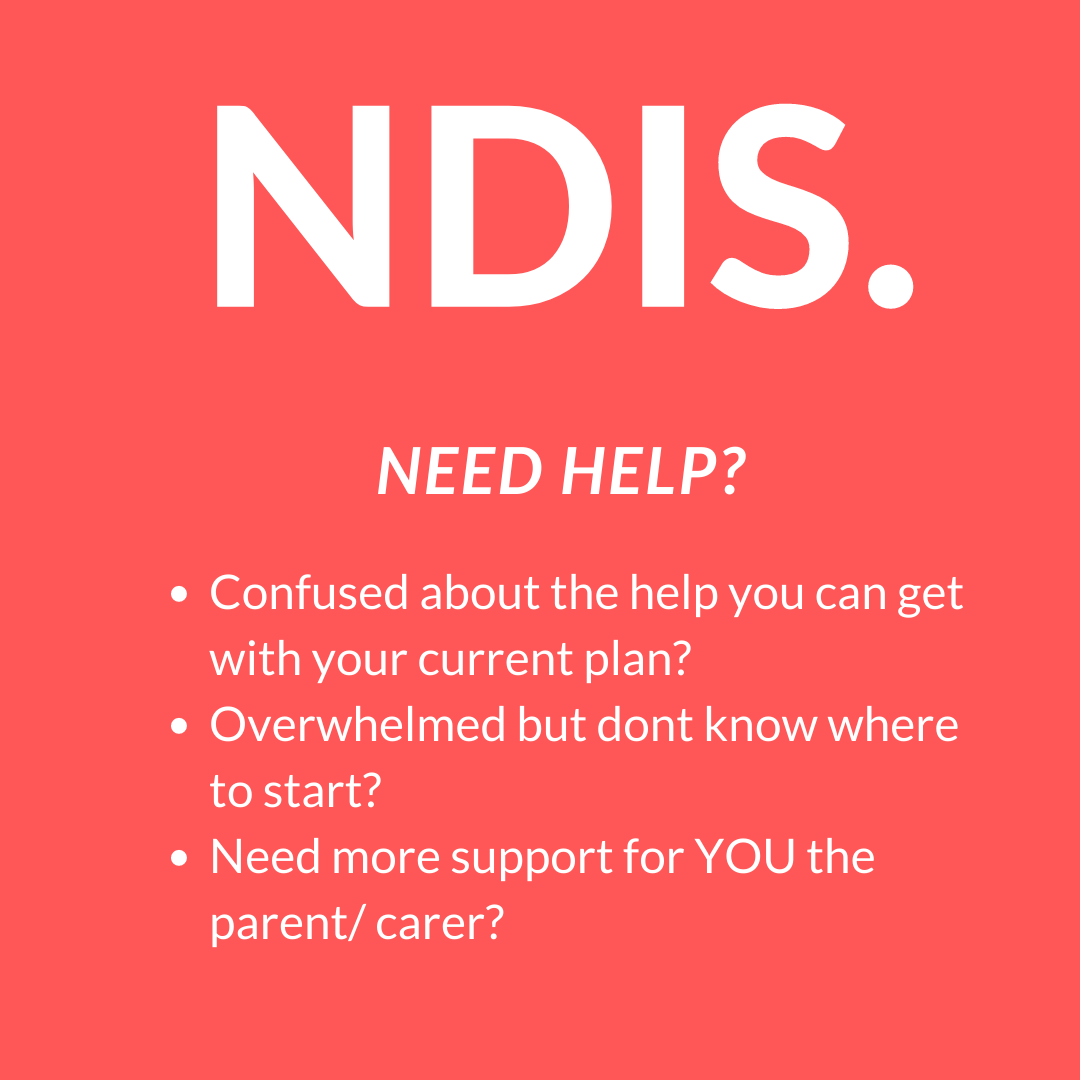SEE MY LATEST BLOGS
SEE MY LATEST BLOGS

Health coaching involves working with a trained mentor and educator to make realistic health goals and maintain the motivation until you meet those goals. Whether your health goal is to improve your fitness, lose weight or eat a healthy diet, Health Coaching has been proven to be very successful in maintaining motivation and accountability to meet your goals until the new healthy behaviour becomes habit. It involves looking into the real reasons you may be sabotaging your health and working out ways to overcome those hurdles. The process involves an initial comprehensive health assessment whereby areas for improvement will be highlighted . Tests such as bloods for cholesterol levels, kidney function, liver function, thyroid function, iron levels , blood pressure and blood glucose etc will be advised, and is a good idea to have a baseline set of measurements taken.Then we will work together to develop a health goal you want to meet . Subsequent sessions are based around what has happened in the previous week. We discuss what worked well , what didnt and devise strategies to assist you to move past those obstacles. I also provide education on areas specific to your goal and ongoing motivation. I offer a FREE comprehensive health assessment and FREE no obligation first coaching session . Try it! You have nothing to lose!

1.SWITCH TO LOW GI FOODS This will help stabilise your blood sugar levels and release sustained energy from your food, preventing the mid afternoon 'crash'. Its non restrictive and even has helped to stop my cravings for sugary foods-Bonus! This approach can be used for people with diabetes, abdominal obesity, metabolic syndrome and polycystic ovaries 2.LIMIT YOUR CAFFEINE If you really cant do without your coffee, try limiting it to 1 cup in the morning.This way it is less likely to affect your sleep in the night time. Even some energy drinks have cafffeine in them and can cause dangerous heart rhythm abnormalities in certain individuals, so best to avoid these too. 3.DRINK MUCH MORE WATER THAN YOU THINK! World Health Guidelines recommend a healthy woman needs 2.7 litres per day. Try getting a 1.25l water bottle so you can see what youve still got left to drink! 4.GET INTO A BEDTIME ROUTINE Yes, I know, Its hard with young kids!! I can hear you all screaming! However, try and set yourself a time to put the ipads, phone, laptop, away and turn off the TV. It emits blue light which signals you brain to stay awake.Do this simple trick about an hour before bed. Magnesium supplements help also. 5.ASK YOUR DOCTOR TO CHECK SOME BLOOD TESTS Some of the most common causes of fatigue( tiredness) are low iron levels and abnormal thyroid function. Blood tests i recommend getting checked are: EUC - for kidney function LFT- for liver function FBC -for haemoglobin level Ferritin- for iron stores FREE T3, FREE T4 AND TSH (all 3)- for thyroid function Vitamin D and Blood sugar level For a personalised health plan , please contact Chrissy TODAY on 0431 961 912 Copyright 2017.Lifestyle Health Coaching.

1. BREATHE DEEPLY( Clench your fists tight whilst you inhale deeply. Hold the breath for 5 seconds, then release breath as you unclench your fists. Repeat 5 times or keep it going if you feel you're about to blow! 2.MUSIC THERAPY( Wireless headphones are a god send to drown out the whingeing and crying) 3.CHEW GUM This trick is used by occupational therapists as it is known to reduce stress 4. FOCUS on 3 GOOD THINGS that happened at the end of your day. 5.REVIEW what caused the arguement/ stressful event and PLAN what you can do next time .(For example, giving clear brief explanation and expectation of what you want your child to do, or allocating more time to tasks such as getting ready for school). If you need help to reduce your stress levels , call Lifestyle Health Coaching on 0431 961 912.

Have you ever tried to do the gym , or a personal trainer, or tried to get fit on your own? And it just hasnt worked? Here's some tips that'll make things easier for you. 1. Find an exercise you like. It maybe cycling, swimming, walking, gym or dancing! 2. Find out what sort of environment you like to exercise in. Is it outdoors, with aircon, with TV s to distract you, in groups or by yourself? 3. Make this a priority in your lifestyle. Book in a time to do exercise before anything else. And stick to it.Explain it to your family that this is YOUR time. 4. Make it regular. Twice a week is probably not enough for it to become a regular habit. Think about integrating smaller blocks of time more frequently. Start with 5 times a week .This doable for most people -especially if sometimes you just want the weekend off! 4. If you miss a session , then you have to play catch up. If you're aiming to do 20 mins per day to start off with and you manage to miss sat & Sunday, then Monday you just press reset and do 1 hour of exercise. What this does is sent the message that you can't do this again, and it will get you feeling great again to keep that motivation going. 5. Get a friend to join you as a work out buddy. You are MUCH more likely to succeed when you have a gym buddy to go with. 6. Remember the feeling of calm and happiness that you have after your exercise. Remembering this feeling will help get rid of any little voices in your head that are telling you that you can't be bothered 7. Just have your work out gear ready to go. I like to do it first thing in the morning, then I don't have to think what to wear!! After you've been doing it for about 12 weeks it becomes habit and you'll actually start to automatically want to do it. Hope this helps Chrissy xxx Lifestyle Health Coaching

There are lots of dodgy scammers on the internet claiming to be health coaches. For instance, you have probably heard of the young lady to claims to have cured her own cancer, then it was found she never had cancer in the first place. Then there is the health coach that promoted an instant migraine cure that has SOOO much potassium in it could possibly send you into cardiac arrest. The reason i started this business was not only to help you improve your health and be able to maintain it long term, but to educate you on THE SAFE WAY of getting healthier. 3 Things to consider if you are looking for a health coach: 1.Do they do change SAFELY?(If they dont suggest a GP checkup before starting a new eating or fitness program, then you could be risking yourself harm) 2. Look at their qualifications and experience. (Is their qualification and experience relevant to what you need help with?) 3.Do they offer a quick fix? (Avoid like the plague-quick fixes are rarely achievable and sustainable and change sometimes can take multiple attempts) Hope this helps! xxx Chrissy (FYI I am a Cardiology Certified Registered Nurse heaIth coach. I have had extensive coronary care experience and have educated 100s of people on modifying their risk factors to reduce heart disease, stroke and diabetes. I have worked 25 years in large teaching hospitals within United Kingdom and Australia)

Most of the people I see for health assessments are barely drinking enough. Most people struggle to drink 1 litre a day. If you consider that the standard prescribed "fluid restriction for heart failure patients is between 1 to 1.5 litres per day , you can see quite clearly that you are not drinking enough. If you haven't got heart, kidney or liver issues then you should be aiming to drink up to the WHO guidelines of drinking 2.7 litres a day for women and 3.7 litres a day for men. It seems like a lot , but if you are experiencing poor energy levels and frequent headaches, then this should be one of the first places to start. Obviously if you are exercising or even working in extreme heat you will need more. Improving your water intake has also been shown to assist with weight loss efforts and weight maintenance. So , this should be one of the first things to concentrate on when looking to improve your health. Contact me if you need further help xxx Chrissy

Well, current guidelines say we should be eating 5 serves of veg and 2 serves of fruit every day to reduce the risk of developing disease and maintaining wellness. MOST of us dont achieve this. Dont worry , just read on. SO... WHAT IS A SERVE? Well , i like to keep things simple and say to people to look at your cupped hand. A serve is roughly 1 cupped hand full.And if its a bit more then thats ok too. SO HOW DO I EAT MORE? Think about all the things that are bought in containers such as punnets of strawberries , raspberries, blueberries, baby cucumber, baby corn, celery sticks, cherry tomatoes. These are easy grab n go items. Whole fruit such as apples and bananas, peaches and oranges... keep them on display as youre more likely to reach for them. Frozen grapes are great too! Otherways to help you eat more fruit & veg include making a fruit salad and keeping it in the fridge, or add berries or spinach to a morning smoothie. Vegetables can easily be hidden in tomato based sauce too. Happy munching! xxx Chrissy
Let's Talk
The first step in therapy is talking. Let's find a time where we can meet and talk about what's on your mind.
Book a consultation


